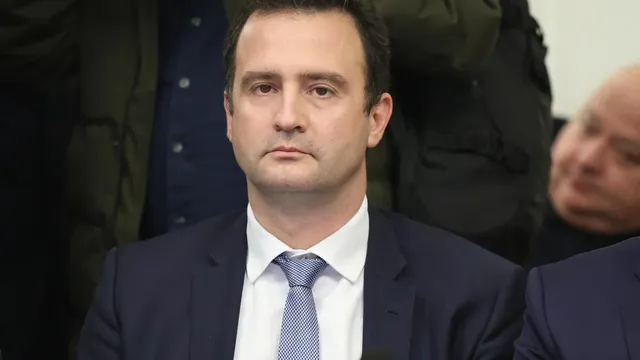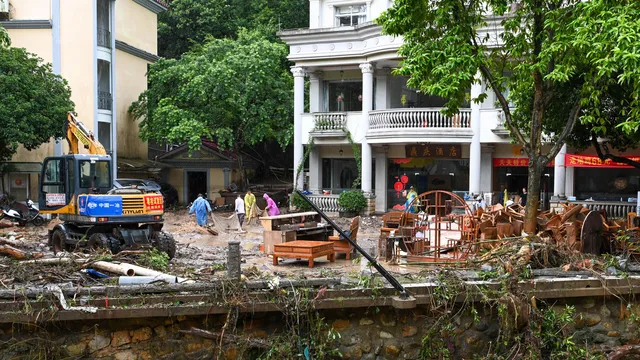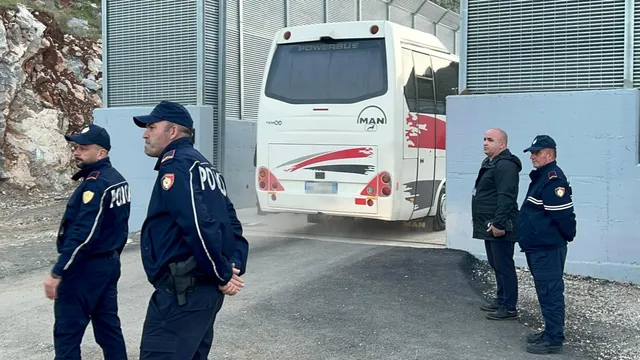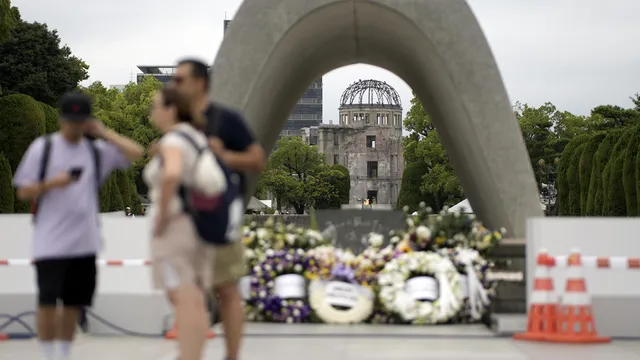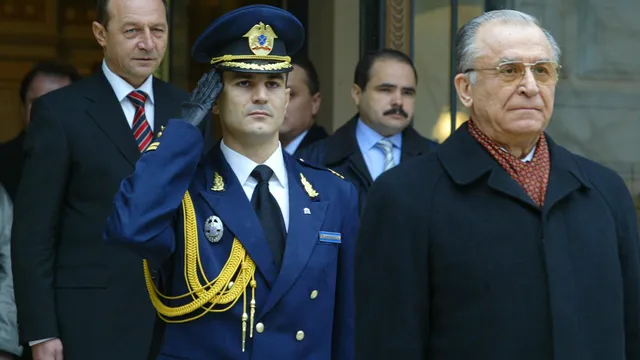The energy system of Southeast Europe was put to a serious test—just three weeks after the major power outage in Spain and Portugal. Bulgaria proved with words and actions that it is a guarantor of the security of energy networks not only in the country but also in the entire region. We are assisting North Macedonia and Serbia due to the breakdowns in their energy systems.
This was stated by Energy Minister Zhecho Stankov at an emergency briefing on the large-scale power outages in North Macedonia and Serbia, a reporter for BGNES reported.
In the early hours of Sunday, the system faced major challenges, with high voltages due to low consumption and large amounts of reactive energy. Bulgaria has 90% of its compensating capacity available and we managed to control all processes so that we could also assist our neighbouring countries, Stankov explained.
Bulgaria will assist North Macedonia after the breakdown there, and we have a request to restore voltage on other 110-kilovolt power lines in addition to Belasitsa, Stankov said.
Today's accident is proof that Bulgaria needs to invest in compensating capacity and new pumped storage plants, the minister said. "Renewable energy has no part in today's problem; the cause is solely the parasitic reactive energy generated, which has increased the voltage in the power grid. The generating and compensating capacities in our country protect the Bulgarian electricity system - they absorb the reactive energy that is generated. The Chaika pumped storage power plant can also perform this function. There is not a single consumer in Bulgaria who has felt the problem in North Macedonia," the minister said.
Croatia is also experiencing problems with its power transmission system due to a lack of compensating power to reduce electricity production.
As reported by BGNES, at 5:00 a.m. this morning, half of North Macedonia was left without electricity, affecting the country's largest cities, including a large part of the capital Skopje. I BGNES

 Breaking news
Breaking news
 Europe
Europe
 Bulgaria
Bulgaria
